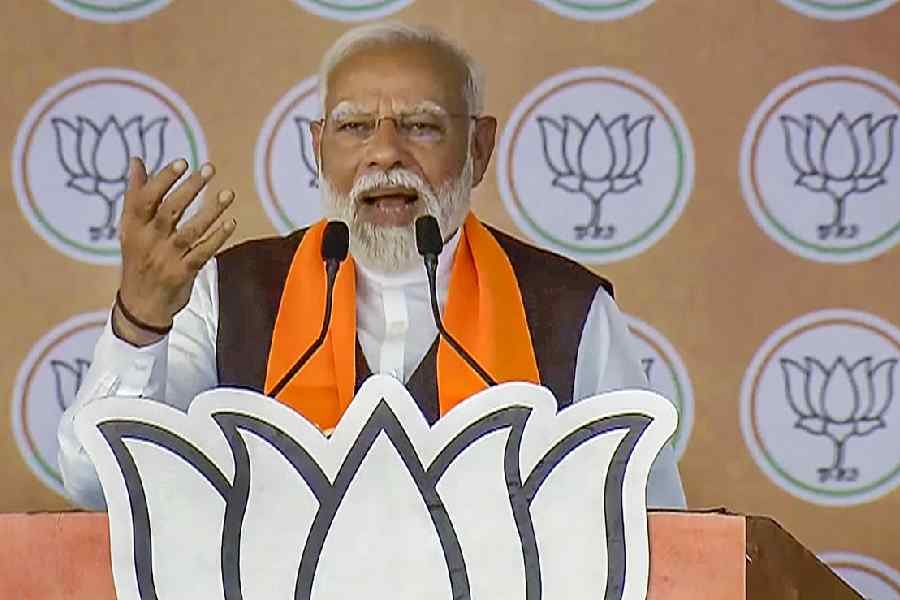Nearly eight months after the Canadian prime minister, Justin Trudeau, stood up in his Parliament to accuse India of links to the assassination of a Sikh separatist near Vancouver, New Delhi’s covert operations are coming under the scrutiny of a growing number of nations. The Narendra Modi government claims to be investigating allegations levelled by prosecutors in the United States of America that Indian intelligence officials were involved in the attempted — and unsuccessful — killing of another Sikh separatist, this time in New York. Last week, The Washington Post published a report naming an Indian intelligence official, accusing him of driving that plot, and claiming that India’s national security adviser, Ajit Doval — known for his proximity to Mr Modi — may have been aware of the plan. Even as the ministry of external affairs called the report speculative and irresponsible — without pointing out any factual inaccuracies — other news reports emerged, this time from Australia. They claimed that Australia’s spy agency had unearthed a network of Indian spies suspected of stealing secrets and carrying out surveillance of sections of the Indian diaspora. The reports suggest that Canberra told New Delhi to pull out the spies — and India did. In Canada, the authorities have arrested three people in connection with the 2023 assassination, reminding India that the ghosts of that case are far from buried.
Through it all, the Indian government’s reaction has been a mix of aggressive counter-accusations — against Canada — and carefully worded commitments — with the US. It has accused Canada of pandering to Sikh separatists and facilitating their movement. With the US, it promised an investigation into the allegations but nothing is known of what the probe has found. The leaks to The Washington Post that appear to have guided its story might well signal a growing frustration in the US over India’s response so far. Domestically, amidst a general election, Mr Modi’s government and its allies might well spin the controversies over these attempted extraterritorial killings as evidence of the prime minister’s muscular approach towards India’s perceived enemies. But it is increasingly clear that in the West, India’s reputation as a reliable security partner has taken a hit. Intelligence-sharing has been at the heart of India’s deepened strategic ties with the US and its allies. Such exchange of sensitive information relies on mutual trust between intelligence agencies. If that trust declines, it could hurt India when it needs help the most. That is a risk India cannot afford to take.











